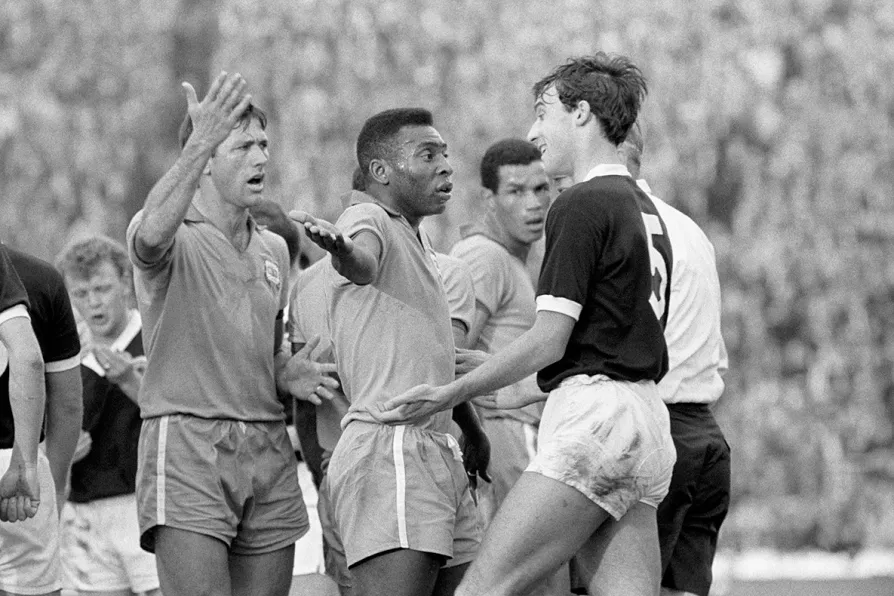Sporting calendar hit by regional instability with tournaments in the Gulf abandoned

 Brazil's Pele (centre) remonstrates with Scotland's Ronnie MacKinnon (right) following a clash with Billy Bremner (left background)
Brazil's Pele (centre) remonstrates with Scotland's Ronnie MacKinnon (right) following a clash with Billy Bremner (left background)
THE Joy of the People was a nickname given to the legendary Brazilian winger Garrincha who, along with Pele, was part of the team that won Brazil their first World Cup in 1958, elevating the Brazil men’s team to a status they hold to this day.
Even though they’ve won more World Cups than any other nation with five, that status they hold in the global game isn’t solely about winning — it’s also about the style of players the country produces.
Around the world, Pele is the more widely celebrated of those players, but back in Brazil Garrincha is revered as much as Pele, if not more.

Forward’s rise as the tournament’s leading scorer reflects a journey shaped by heritage and belief as Morocco reach the final, writes JAMES NALTON

Joao Pedro’s emotional goals against Fluminense captured the magic of an international club competition. But even as fans bring colour and passion, the Club World Cup’s deeper issues loom large, writes JAMES NALTON

Morning Star international editor ROGER McKENZIE reminisces on how he became an Aston Villa fan, and writes about the evolution of the historic club over the years











